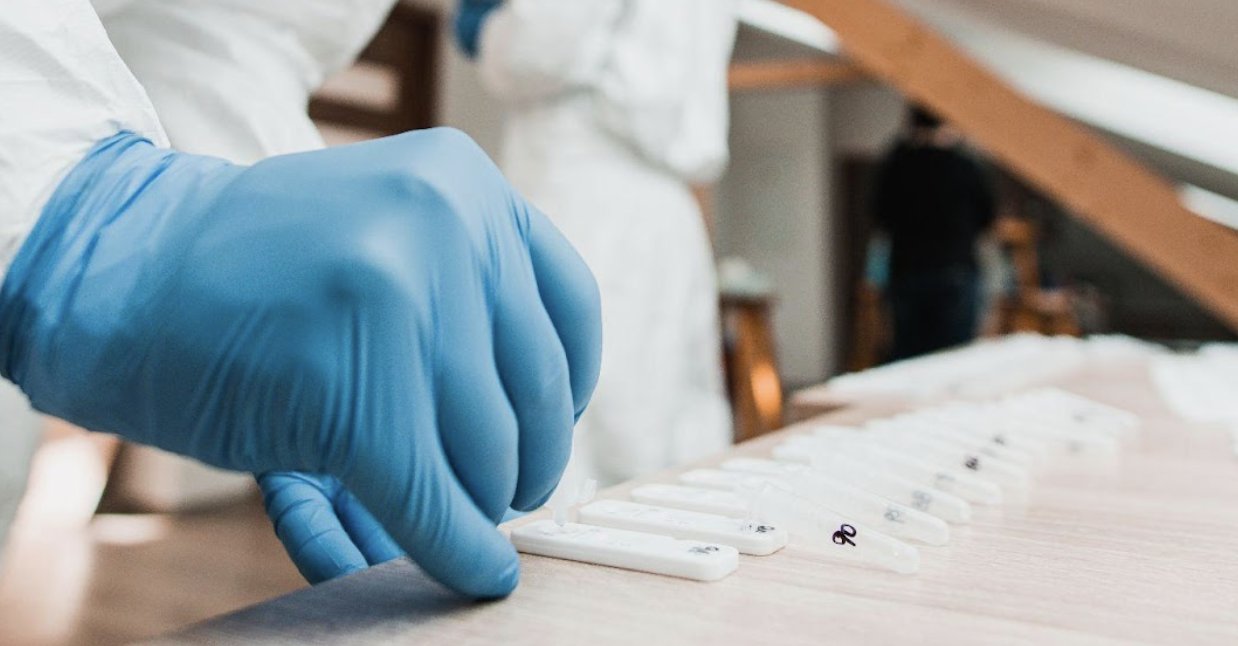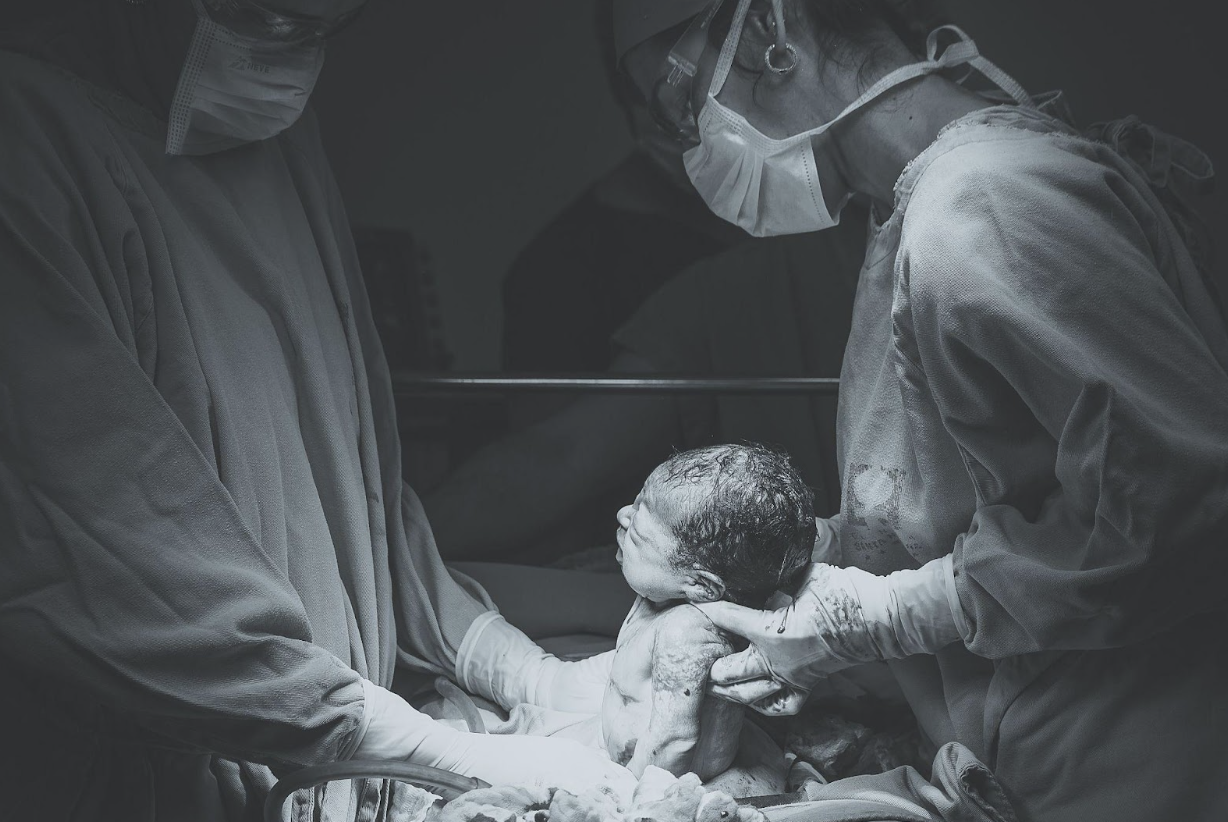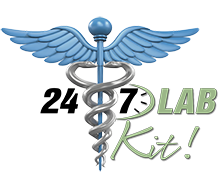The Importance of STD Testing During Pregnancy: Protecting the Health of Both Mother and Baby

Sexually transmitted diseases (STDs) can have serious consequences for anyone, but they can be especially dangerous during pregnancy. If left untreated, STDs can cause a range of health problems for both the mother and the baby, including miscarriage, stillbirth, preterm labor, birth defects, and even future infertility. That’s why STD testing is a crucial component of prenatal care.
According to the Centers for Disease Control, pregnant women are at risk for the same STDs as women that are not pregnant. It is for this reason that you can expect to undergo STD testing once your doctor confirms your pregnancy. In this blog, we’ll discuss the importance of STD testing in pregnancy.
Why STD Testing is Important During Pregnancy
Many STDs can be passed from the mother to the baby during pregnancy, childbirth, or breastfeeding. And some STDs, such as syphilis, can cause serious health problems for the baby, including stillbirth, low birth weight, and developmental delays. In cases of chlamydia and gonorrhea in pregnancy, eye infections and pneumonia can occur in newborns.
Your Sexual Health explains that testing for STDs during pregnancy can help identify infections early so that treatment can begin before they have a chance to cause harm. In many cases, antibiotics can effectively treat STDs, especially when they are caught early on.
What STDs Do They Test for While Pregnant?
STD testing during pregnancy typically includes screening for a range of infections, including those found below.
- Chlamydia – Chlamydia is a common STD that can cause serious health problems if left untreated. It’s usually detected through a urine test or swab of the genital area.
- Gonorrhea – Gonorrhea is another common STD that can cause serious complications during pregnancy. It’s typically detected through a urine test or swab of the genital area.
- Syphilis – Syphilis is a bacterial infection that can cause serious health problems for both the mother and the baby. It’s usually detected through a blood test.
- HIV – HIV is a viral infection that attacks the immune system. If left untreated, it can lead to AIDS. HIV testing during pregnancy is important because it can reduce the risk of mother-to-child transmission. HIV testing typically involves a blood test.
- Hepatitis B – Hepatitis B is a viral infection that can cause liver damage. If a pregnant woman is infected with hepatitis B, there is a risk of transmitting the infection to the baby during childbirth. Hepatitis B testing during pregnancy involves a blood test.
- Herpes – Herpes is a viral infection that causes outbreaks of painful sores. If a woman has active herpes sores at the time of delivery, there is a risk of transmitting the infection to the baby. Herpes testing during pregnancy involves a physical exam and may also include a blood test.
When Should STD Testing Be Done?

STD testing should be a routine part of prenatal care. It’s recommended that all pregnant women be screened for STDs during their first prenatal visit, according to the Centers for Disease Control. Women who are at high risk for STDs should be tested again later in their pregnancy, usually during the third trimester.
Factors that increase the risk of STDs during pregnancy include:
- Having multiple sexual partners
- Having a partner with an STD
- Having a history of STDs
- Using intravenous drugs
- Being a victim of sexual assault
It’s important to note that many people with STDs have no symptoms, so testing is often the only way to know if an infection is present.
STD Testing Methods
STD testing during pregnancy typically involves a blood test, a urine test, or a swab of the genital area. The specific tests used will depend on the type of STD being screened for.
In some cases, a healthcare provider may also perform a physical exam to check for signs of infection. For example, if a woman has genital herpes sores, the provider may be able to diagnose the infection based on the appearance of the sores.
Treatment for STDs During Pregnancy
Treatment for STDs during pregnancy will depend on the type of infection and the stage of pregnancy. In many cases, antibiotics can be used to effectively treat STDs. It’s important to note that some STDs, such as herpes and HIV, cannot be cured but can be managed with medication.
If left untreated, Matrnity explains that STDs can have serious consequences for both the mother and the baby. In addition to the risks during pregnancy and childbirth, STDs can also cause long-term health problems for the baby, including developmental delays and chronic infections.
Ensuring Optimal Health for You and Baby at 247Labkit

As you can see, STD testing is a crucial component of prenatal care and not something that should be ignored or overlooked. Screening for STDs during pregnancy can help identify infections early so that treatment can begin before they have a chance to cause harm. All pregnant women should be screened for STDs during their first prenatal visit, and those who are at high risk should be tested again later in their pregnancy.
If you’re pregnant and suspect you might have an STD, 247Labkit is happy to offer a comprehensive selection of at-home test kits with fast, discrete results. Browse our selection today to learn more. And don’t forget to browse our blog section for more helpful tips and health-related resources.







Comments are closed